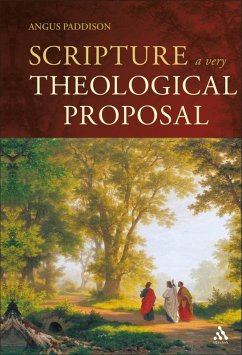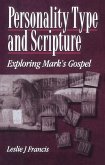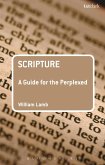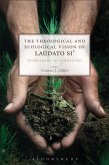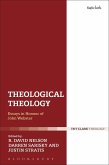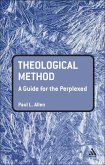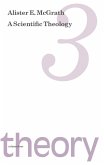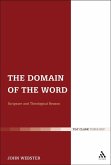To identify the biblical texts as 'Scripture' is to make a series of specific claims about this text: that it is drawn into the activity of the triune God of Israel; that its ultimate destination is the worshipping church; and that it has a ministry in shaping Christian thinking and acting.
Scripture: A Very Theological Proposal advances that the resources for reading Scripture, understanding its claims, and acting upon them will be found by looking to the church's life and doctrines. Reading Scripture with a host of theologians, Paddison proposes a hermeneutic appropriate to reading Scripture both as divine address and the book of the church. The book positions itself by resisting accounts in which Scripture's relationship to God and its life within the church are understood competitively, as if the more we attend to one the less we are attending to the other. Chapters further explore a doctrine of Scripture and the relationship of ethics, doctrine, and preaching to Scripture. A final chapter asks, can, or should, Scripture be read in the university?
Scripture: A Very Theological Proposal advances that the resources for reading Scripture, understanding its claims, and acting upon them will be found by looking to the church's life and doctrines. Reading Scripture with a host of theologians, Paddison proposes a hermeneutic appropriate to reading Scripture both as divine address and the book of the church. The book positions itself by resisting accounts in which Scripture's relationship to God and its life within the church are understood competitively, as if the more we attend to one the less we are attending to the other. Chapters further explore a doctrine of Scripture and the relationship of ethics, doctrine, and preaching to Scripture. A final chapter asks, can, or should, Scripture be read in the university?

